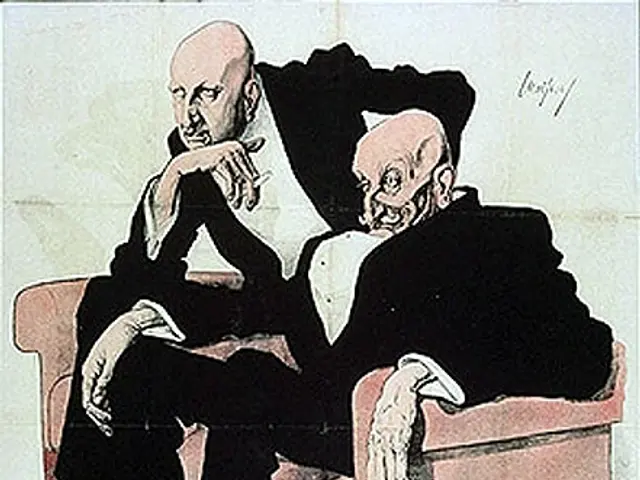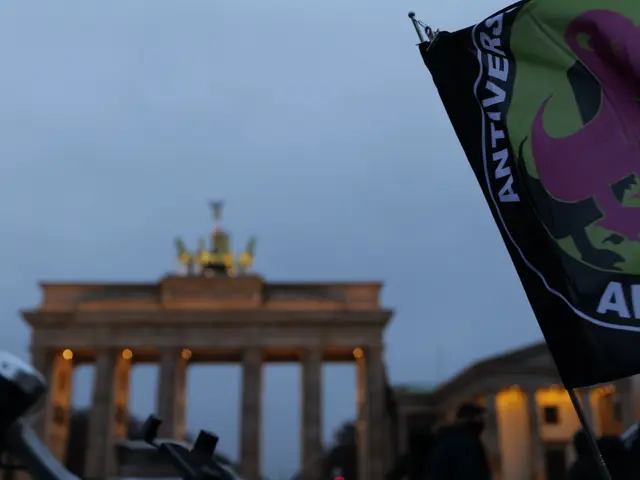Germany eases restrictions on selling Eurofighter jet fighters to Turkey
In a significant development, Turkey has taken a major step towards purchasing 40 Eurofighter Typhoon jets, with a preliminary Memorandum of Understanding (MoU) signed between Turkey and the UK on July 23, 2025. However, the deal, worth around $5.6 billion, is yet to be finalized as ongoing negotiations continue.
The Eurofighter consortium, which includes the UK, Germany, Italy, and Spain, has given its approval for the sale, following the German government's decision to reverse its opposition to the deal. This decision was made after Ankara agreed to use the jets within NATO guidelines and not deploy them against fellow NATO member Greece.
The Turkish Ministry of Defense has stated that the acquisition of the Eurofighter is about diversifying defense capabilities, while Prime Minister Keir Starmer of the UK has said that the deal would secure 20,000 jobs for years to come. Turkish opposition leader Imamoglu has called on the German government not to block the delivery of the Eurofighters, despite his imprisonment.
The deal is subject to ongoing negotiations, particularly around pricing and technical terms. Turkey is simultaneously exploring returning to the U.S. F-35 program and developing its own domestic fighter jet, the KAAN, planned for operational use by 2028.
This move by Turkey comes after it was excluded from the F-35 program in 2017 due to fears that Russia could obtain sensitive data about the stealth capabilities of the F-35 jets through the radar of the S-400 weapon system it purchased. The Turkish military intervention in Syria in 2016 led to a significant reduction in export permits to Turkey, which remained in the low double-digit or even single-digit million range in the following years.
Chancellor Friedrich Merz (CDU) of Germany has spoken with British Prime Minister Keir Starmer and Turkish President Recep Tayyip Erdogan about the arms deal. Imamoglu, the Turkish opposition leader, has emphasized the national interests of Turkey, stating that the aircraft are "urgently needed and long-awaited by our air force."
In a recent announcement, the Ministry of Economics under Green politician Robert Habeck revealed that torpedoes, guided missiles, and submarine components had again been approved for Turkey on a larger scale. This indicates a warming of relations between Germany and Turkey regarding arms sales.
As negotiations continue, the future of Turkey's air force and its relationship with NATO and other global powers hangs in the balance. The purchase of the Eurofighter Typhoon jets promises to enhance NATO's deterrent capability and secure thousands of jobs in Britain, but the final decision rests with the Turkish government.
- The finance ministry in Turkey may need to allocate substantial funds for the manufacturing industry, as the acquisition of the Eurofighter Typhoon jets is expected to boost local production and employment.
- The aerospace industry in the UK could receive a significant boost from the potential sale of 40 Eurofighter Typhoon jets to Turkey, as the deal would secure thousands of jobs.
- As discussions about pricing and technical terms continue, the energy-intensive manufacturing process of producing the Eurofighter Typhoon jets may also impact Turkey's overall energy consumption in the industry sector.








